The dark web is an encrypted part of the internet that hosts online content not indexed by conventional search engines. Also known as the “darknet”, its first structure was conceived by the U.S. Naval Research Laboratory in the mid-90’s as an anonymized and ciphered network for the ease of communication between U.S. spies.
The project was however abandoned, and in 2002 a handful of computer scientists resuscitated it as a shadowy non-profit focused on privacy and human rights activism, creating a browser for anonymous communication called TOR (The Onion Router).
Over the years, its extreme privacy and protection has made it a hub for criminal activity. Message boards, chat rooms, and virtual marketplaces, known as Darknet Markets, Silk Road being the most famous, are used to sell and buy illegal products and services.
What's the Difference Between the Dark Web and the Deep Web?
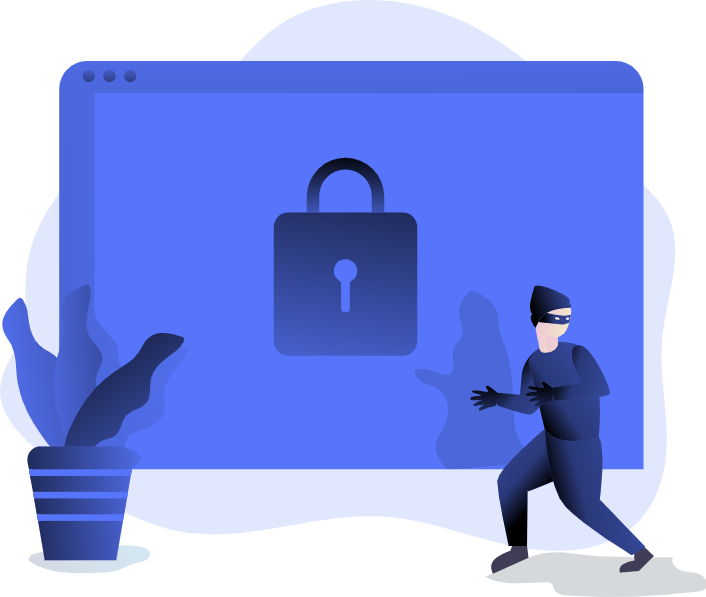
The deep web are webpages that aren’t listed by search engines.
These hidden pages available on the deep web include online banking, private chatrooms, secured platforms or other pages that are not indexed or that can only be accessed via a login. On the other hand, the dark web contains encrypted websites accessible only through special browsers such as TOR.
How is the Dark Web's Economy Changing?
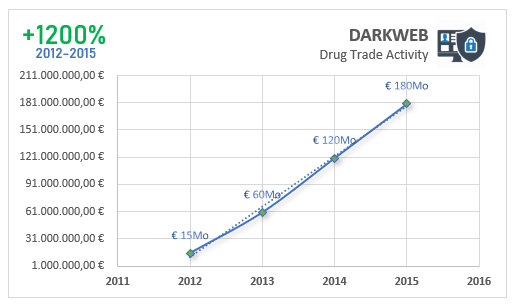
Untraceable digital assets, particularly Bitcoin, are the primary means of payment. Dark Web market sales grew 70% in 2019 compared to the previous year for a total of $790 million in cryptocurrencies while it blasted to $1.7 billion in 2020.
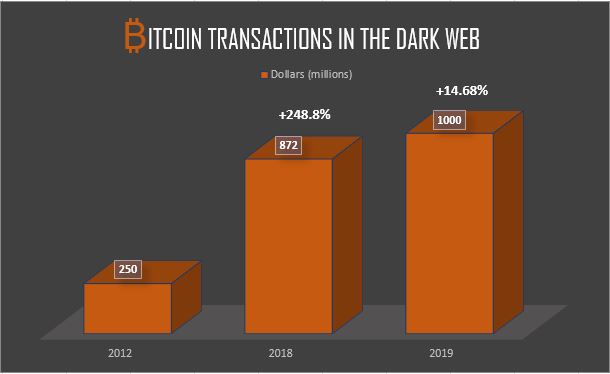
What is Coin Mixing? (Dark Wallet, SmartMixer)
Dark Wallet was created in 2014 by Amir Taaki and Cody Wilson (who also created the first 3D printed gun), and it’s an open-source bitcoin platform designed to render its users anonymous and to obfuscate bitcoin transactions.
One if its principal uses is coin mixing.
What coin mixing does is combine a user’s transaction with that of other random users who happen to be making separate transactions through the system at the same time. It joins the bitcoins of the two or more users and mixes them together so as to conceal their origin. The user can instruct the software to pay the seller in cut up chunks of the original price (0.4 + 0.2 + 0.1 instead of the 0.7 bitcoins) or at a delayed date that they can set.
"It's just money laundering software."
This makes it extremely difficult for an outside party to determine who made a particular transaction.
Using Bitcoin does not anonymize the user but rather pseudonymize him/her. In the blockchain, bitcoin’s public ledger, each wallet is an address made up of 26 to 35 alphanumeric characters not necessarly tied to an identity.
Every transaction is recorded separately, and can potentially be traced back to the user’s public bitcoin address. Coin mixing software instead anonymizes users by mixing their bitcoins with those of other users, rendering them untraceable.
In May of 2019, BestMixer.io became the first coin mixer to be shut down on the premises of money laundering. Since then, several other coin tumblers have been closed by authorities including Bitcoin Fog and Helix in 2020. Blender.io was sanctioned in May of 2022 after the U.S. Treasury Department's Office of Foreign Assets Control (OFAC) found that the North Korea-linked crypto mixing service was used to launder $20.5 million in illicit proceeds in relation to the Axie Infinity heist.
The U.K.’s National Crime Agency (NCA) has called for regulations that would force coin mixers to comply with AML laws, including carrying out KYC checks on customers and conducting audit trails.
Other Methods of Money Laundering
There are other means of laundering money from the dark web without using encrypted software to mask transactions.In April of 2019, the U.S. authorities arrested three men who ran a counterfeit Xanax tablet drug ring. They had proceeded to launder $2.3 million in Bitcoin by charging their payments onto pre-paid debit cards, then withdrawing the money from ATMs across Manhattan and New Jersey for more than $1 million.
Another method used is what the cyber security firm Armor refers to in its 2019 Black Market Report as a kind of turn-key money laundering service.
A criminal who wants to steal money from a bank account but is not tech savvy enough to hack said account may contact a professional hacker who has already done the job for him/her. The hacker will sell the stolen money for a percentage or a fixed fee to be paid in bitcoins, then wire the money to the criminal’s preferred bank account.
This may seem like a loss, but the hacker get rids of the stolen money and receives a compensation while the criminal receives a fixed sum of money in their bank account without going through all the technological hassle.
What is the Future of the Dark Web?
Terrorist organizations are also expected to increase their use of the dark web for various means, including acquiring weapons, buying passports, and creating anonymized and safe channels of communication.
It’s predicted that the dark web will turn darker and more sophisticated in the coming years, becoming a real “Amazon of crime.”

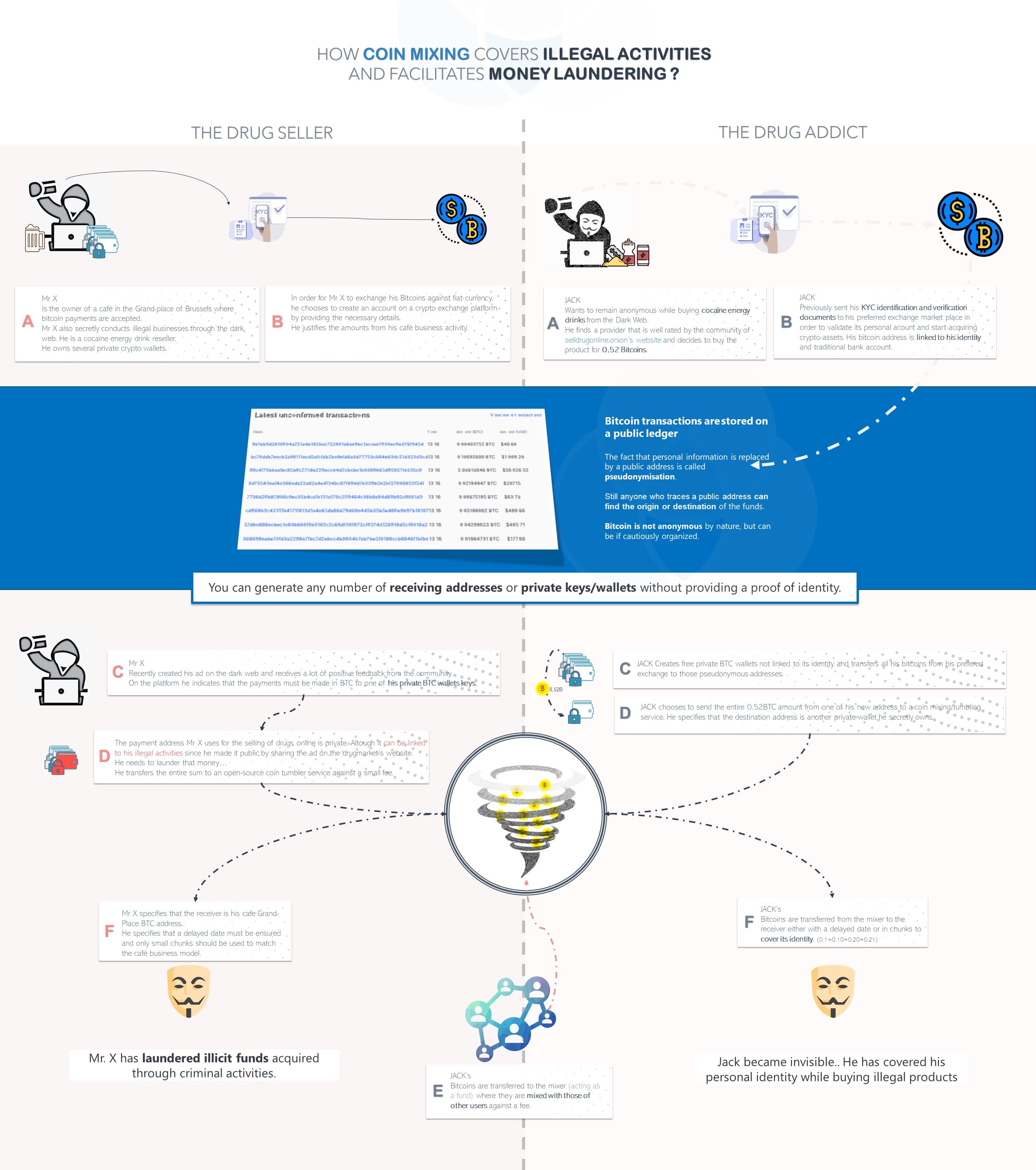


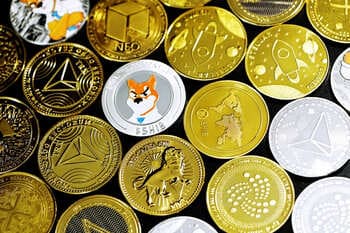


DarkWeb is really very Dangerous part of Internet.